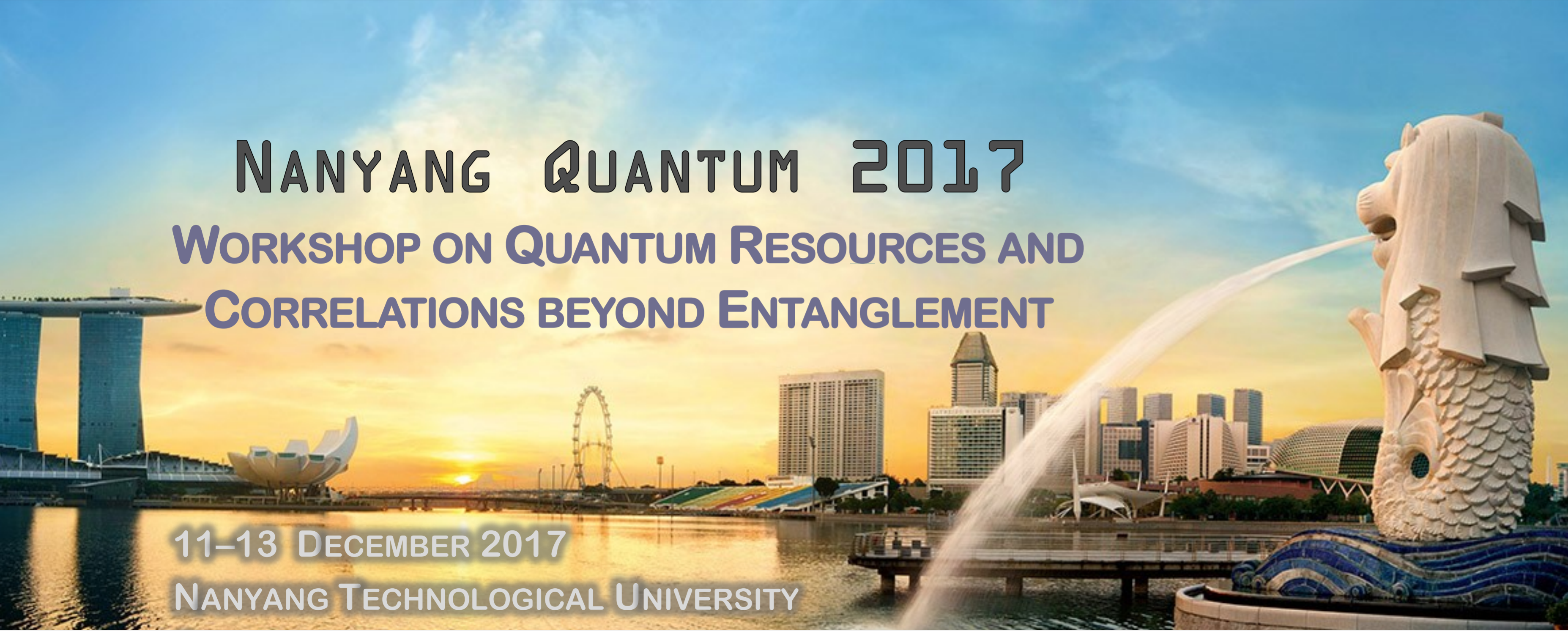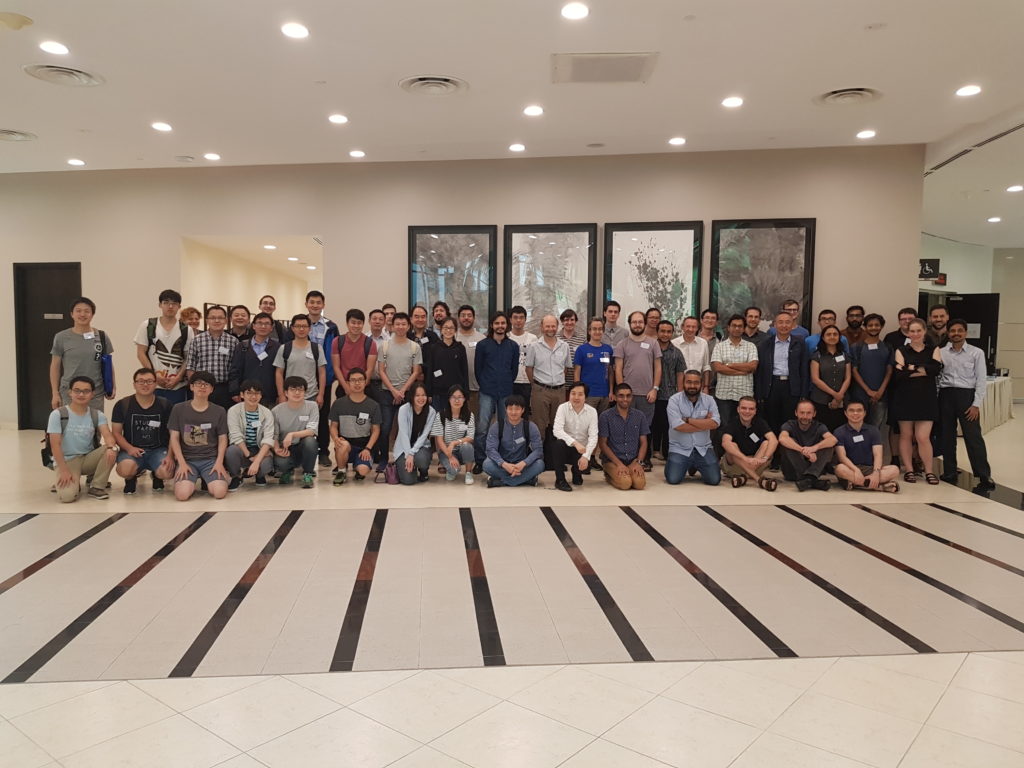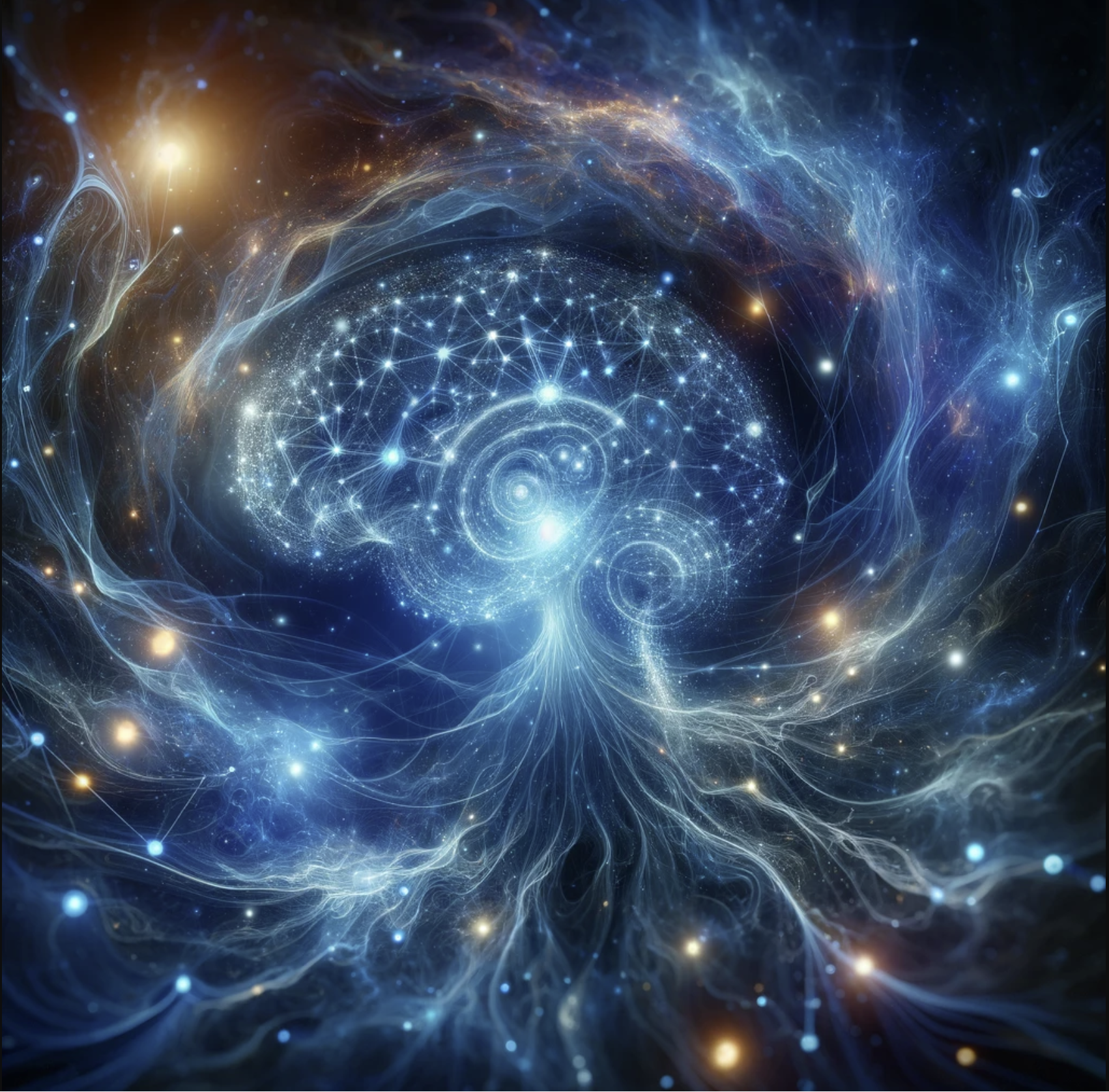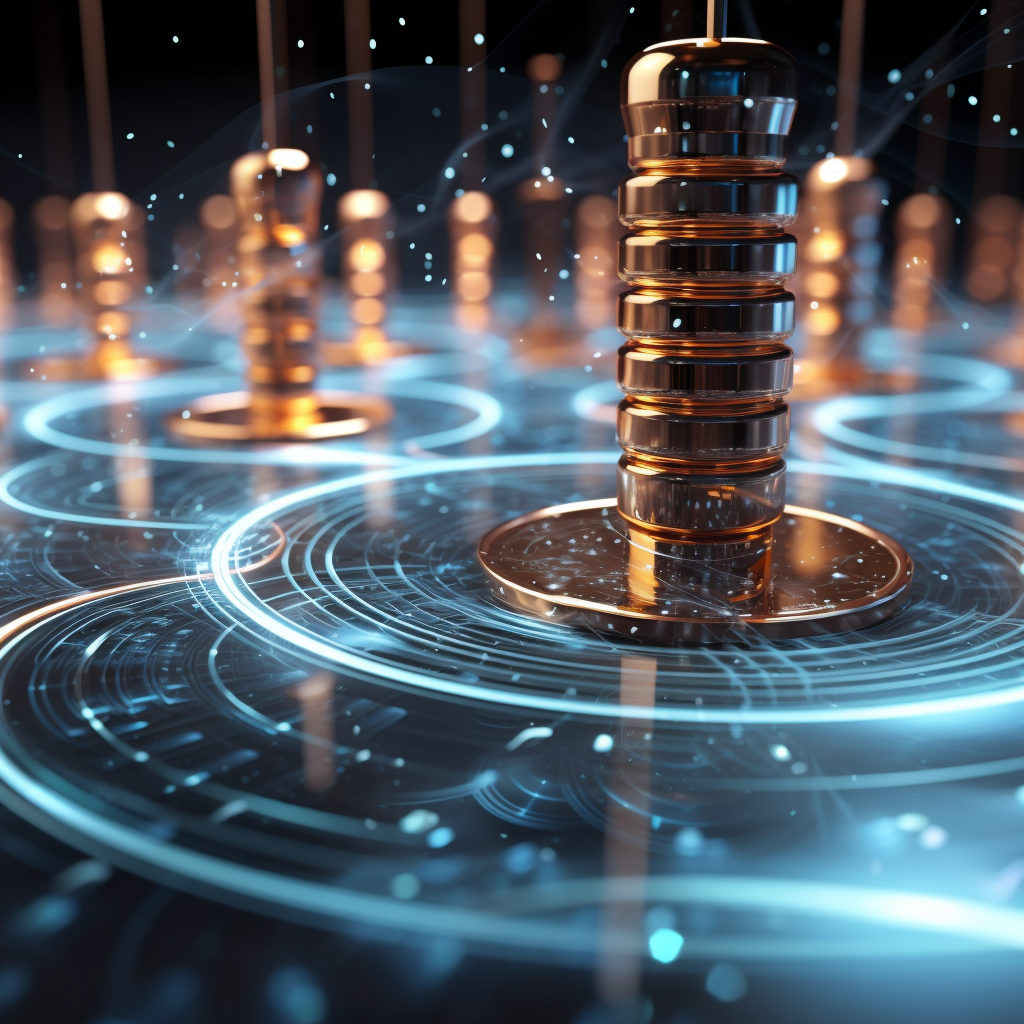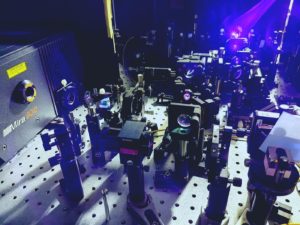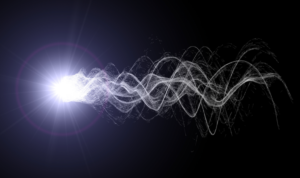Quantum technologies such as computing, communication, and metrology, lie at a rapidly growing cross-disciplinary frontier between information science, optics, semiconductor and superconductor physics, and materials science. These technologies promise feats that are classically either infeasible or impossible. This advantage can be traced back to certain uniquely quantum resources, of which quantum entanglement is an iconic example. The last decade has seen growing evidence that entanglement is not the only such resource, setting off a surge of activity in the study of quantum resources: quantum discord, coherence, asymmetry, thermal nonequilibrium, exotic states of light or matter, and many more. This ushers in an age of new technologies harnessing quantum resources, possibly in environments that may not support entanglement.
This workshop brings together leading researchers in this blossoming field and provides a platform for cross-disciplinary dialogue and collaboration. Together we hope to discuss questions related but not limited to
- How are various quantum resources related, can one be converted to another?
- How do quantum resources theories help identify exotic states of matter of light or vice versa?
- What are the operational meaning behind various quantum resources and how can this be experimentally witnessed?
Venue: Nanyang Executive Centre, Singapore
Date: December 11th--13th, 2017
Accommodation information: http://www.quantumcomplexity.org/nyquantum2017/accomodation/
Registration is now closed.
Workshop Programme can be found here
Organizers: Varun Narasimhachar, Mile Gu, Tomasz Paterek, Kwek Leong Chuan, Phua Kok Khoo, Suen Whei Yeap
Confirmed Speakers
- Tim Ralph - University of Queensland
- Vlatko Vedral - University of Oxford
- Harald Weinfurter - Ludwig-Maximilian University of Munich
- Kavan Modi - Monash University
- Wiesław Laskowski - University of Gdansk
- Cyril Branciard - Centre national de la recherche scientifique
- Lucas Céleri - Universidade Federal de Goiás
- Borivoje Dakic - University of Vienna
- Simon Gröblacher - Delft University of Technology
- Alexander Streltsov - Gdańsk University of Technology
- Xiongfeng Ma - Tsinghua University
- Jaewan Kim - Korea Institute for Advanced Study
- Guoyong Xiang - University of Science & Technology of China
